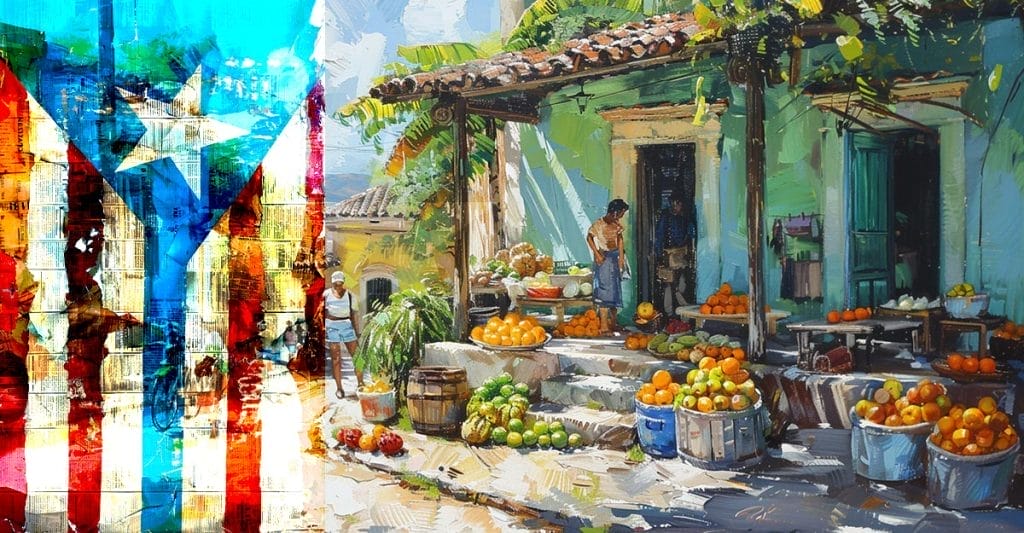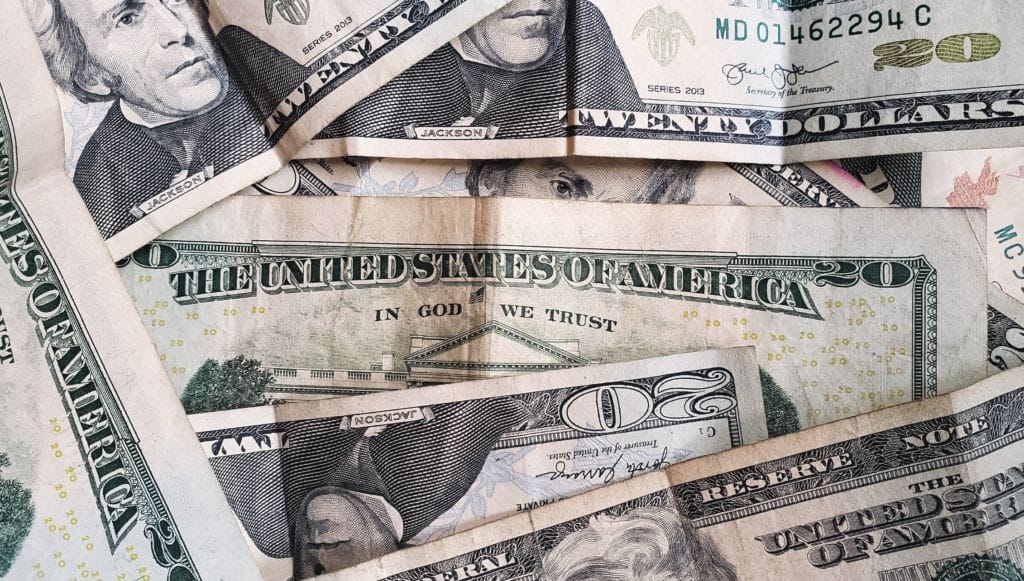Cuba, one of America’s closest foreign neighbors, is mired deep in an economic crisis, caused in part by declining tourism revenue, U.S. sanctions, and higher food and energy prices stemming from the war in Ukraine. Meantime, you may not have heard some big news: the communist island nation has officially declared its Soviet-modeled economy dead and has begun a transition to something quite different. Today, we’re off to Havana to see what that looks like.
The following is a transcript of a report from “Full Measure with Sharyl Attkisson.” Watch the video by clicking the link at the end of the page.
Sharyl: Me llamo Sharyl Attkisson.
Gabriel Perez-Gonzalez: Oh, nice to meet you. My name is Gabriel.
In a remote neighborhood outside Havana, nestled among a shady grouping of yucca, banana and carob trees, is a small flour production business owned by Gabriel Perez-Gonzalez.
Perez-Gonzalez: In this case, they’re preparing the banana flour. Well, at this point we’re still, like, super small business.
Perez-Gonzalez had tried investing in the restaurant business, but went bankrupt during Covid. Post-Covid, a new opportunity surfaced, and he grabbed the chance.
Perez-Gonzalez: Makes sense to open a business. So, yeah, we just did it.
Sharyl: You’re sort of a pioneer, in this country, at least for 60 years these types of things were not allowed. There’s really no blueprint for how to do that here.
Perez-Gonzalez: Yeah, that’s right, yeah.
What’s happening here signals the biggest lean toward a market economy since a revolution installed Fidel Castro as Cuba’s leader.
Castro led Cuba on a fast track to communism, seizing tens of thousands of private shops and outlawing nearly all small private businesses.
Sharyl: Is it accurate to say this is a communist island under a socialist economy? How would you term it?
Raúl Rodríguez: Cuba defines itself as a socialist republic.
Professor Raúl Rodríguez heads up the Center for United States and Hemispheric Studies at the University of Havana.
Rodríguez: What is true is, yes, the Cuban system is not a market economy, or is not dominated by the market economy. It is supposed to be building a mixed economy, where there is room for private and there is a strong state.
Whatever you call it, there’s now a major shift after decades of the state owning nearly all of the stores and providing nearly all of the jobs.
The reality is, over the decades, Cuba’s economy became so distressed, its leaders were forced to hold their nose and embrace a hint of capitalism. In 2019, President Miguel Diaz-Canel recognized the private sector as legitimate, and a new constitution expressed the right of private property.
Covid worsened Cuba’s economic crisis, and an uprising in summer of 2021 accelerated plans to give small and medium private businesses legal status.
Rodríguez: And it’s now involved in reforming the system using more private property and more private elements in its economy, because it is obvious that the centralized command economy, Soviet-styled, was a failure. We saw it in the ’70s and the ’80s, and with the Soviet Union and eastern Europe.
Sharyl (on-camera): This warehouse is an example of something that didn’t used to exist. It’s part of a private company that sells supplies to hundreds of other privately-owned stores and restaurants in Cuba, only possible under relaxed restrictions in the communist-run socialist state.
There’s chocolate, snacks, liquor, and more all owned by Aldo Alvarez, a lawyer who also owns the Distinto restaurant, where they’re cooking up vittles for customers 24 hours a day.
Sharyl: Is this the first time since the revolution that Cubans have had the opportunity to do what you’re doing?
Aldo Alvarez: History books tell you that 1968 was the last time that Cuban national could do what we are doing now.
Sharyl: Big change.
Alvarez: Yeah, it’s a big change. So, what we did, what we did was, “Okay, let’s find a place that we could start, a cafeteria business.” And that — now we have three of them. And we have an elaboration production center that offers Cuban produce. Like hamburgers, like croquetas, like cheese balls to these places, and other clients.
Sharyl: So, so you have restaurants?
Alvarez: Yes.
Sharyl: And you also supply other restaurants?
Alvarez: Yes.
Cuba now allows private businesses with up to 100 employees.
Juan Triana Cordovi is with the Center for the Study of the Cuban Economy.
Juan Triana Cordovi: At the end today, the Cuban, the Cubans in general, have the right to have private business in Cuba. It is a constitutional right today for the Cuban people, and it is new, really new.
Sharyl: How many businesses have become private?
Cordovi: More than 8,700 in only two years. It means that today, we have more people, employees in the non-state sector than in the state sector.
But he says the biggest outstanding obstacle to a better economy for Cuba remains the longstanding U.S. embargo.
Sharyl: Whatever Cuba decides to do with the economy to improve matters, is it true that without the United States changing its policies, there’s only so much Cuba can do?
Cordovi: Yes. It is real. But, of course, the United States policy toward Cuba is really a strong limit in order to improve the economy. Everything cost many more. Everything.
The U.S. isn’t entirely on the sidelines as Cuba tilts farther away from a communist and socialist economy. President Biden pledged to increase support for independent Cuban entrepreneurs.
Sharyl: What would you like people to know who don’t understand, really, much about what’s going on?
Perez-Gonzalez: Well, I think it’s important to be patient, as well. I’m focused on one thing. That’s it. On being successful. It’s changed the paradigm, and accept that our situation is totally changed. It’s never going back to the place that we were.
Sharyl (on-camera): Cuba recently reported milk powder, wheat flour, and fuel shortages, but the government insists things are still better than they were before the economic reforms.
Watch video here.

Visit The Sharyl Attkisson Store today
Unique gifts for independent thinkers
Proceeds benefit independent journalism




In a way I can understand Castro’s rebellion against a crooked American influence in the post WWII era of Cuba. Castro’s mistake was embracing Russia and their way of governing. People want to be free, want to work to better themselves, make money, save money, improve their way of life. Communism took that away! All was fine until USSR came apart in the 1980s. The money train stopped, and it’s been a slow fall to the bottom. They have a big problem now, maybe they can repair the 50″ years of damage? Maybe yes maybe no? History will write the last chapter of this book.